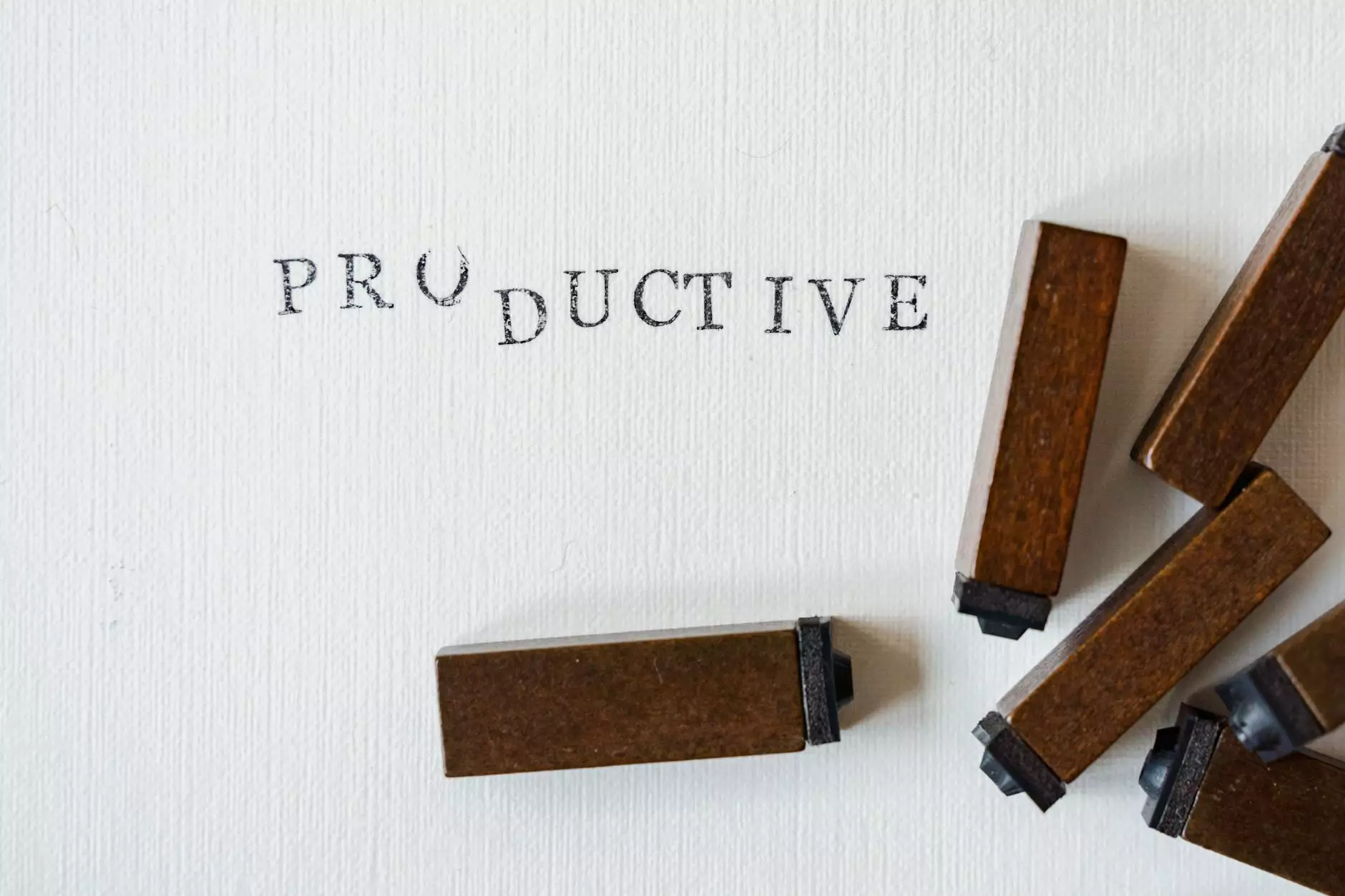Discover the Benefits of Buying Cheap Wholesale Meat

Cheap wholesale meat is a viable option for restaurants, grocery stores, and catering businesses looking to minimize costs while maintaining quality. This article will explore various aspects of purchasing wholesale meat, from understanding pricing models to sourcing quality products. Regardless of the size of your operation, understanding the landscape of cheap wholesale meat will give you the competitive edge you need.
Understanding Cheap Wholesale Meat
When discussing cheap wholesale meat, it’s vital to recognize that “cheap” does not necessarily equate to low quality. Wholesale suppliers often cut out retail markups, providing businesses with prices lower than typical retail outlets. This makes it essential for business owners to understand the various types of meat available and the potential for high-quality purchases at reduced prices.
Types of Meat Commonly Available in Wholesale Markets
- Beef: Including cuts like brisket, ribeye, and ground beef.
- Pork: Options range from tenderloin to ribs and sausage.
- Poultry: Chicken, turkey, and duck can be purchased in bulk.
- Lamb: Although less common than beef or pork, wholesale lamb is available.
- Seafood: Fish and shellfish can also be sourced at wholesale prices.
Why Opt for Wholesale Meat Suppliers?
There are several advantages to sourcing your meat through wholesale suppliers:
- Cost Savings: Buying in bulk typically leads to lower prices. This is crucial for keeping profit margins healthy.
- Quality Assurance: Many wholesale suppliers offer high-quality meats, often sourced directly from farms.
- Variety of Choices: Access to a broader range of meat cuts and types that retail stores may not provide.
- Consistent Supply: Establishing a relationship with a wholesale supplier ensures a steady and reliable meat supply for your business.
Top Considerations When Sourcing Cheap Wholesale Meat
When looking to procure cheap wholesale meat, keep these critical factors in mind to ensure you are making the best choice for your business:
1. Quality of the Meat
It’s essential to assess the quality of the meat you are purchasing. Look for suppliers who follow strict industry standards and provide transparency about their sourcing practices. High-quality meat often means better flavor and healthier options for your customers.
2. Supplier Reputation
Research the reputation of your wholesale meat supplier. Read reviews, ask for references, and ensure they have a good standing in the industry. Reliable suppliers should be willing to provide you with information about their sourcing and handling practices.
3. Pricing and Terms
Understanding the pricing structure is crucial. While the term 'cheap' suggests low prices, you need to ensure that the quality is not compromised. Additionally, be clear about payment terms, delivery options, and any available discounts for bulk orders.
4. Delivery and Logistics
Efficient delivery services are vital. Discuss with your supplier how they handle logistics, ensuring that products are delivered in a timely manner and under appropriate temperature conditions.
Benefits of Building Relationships with Wholesale Suppliers
Establishing a close relationship with your wholesale supplier can provide numerous advantages:
1. Customization of Orders
Long-term relationships often lead to customization opportunities, allowing you to specify cuts of meat, seasoning preferences, and packaging methods.
2. Better Pricing Flexibility
Suppliers may be more flexible on prices and terms for loyal customers. They may also alert you to upcoming promotions or excess inventory that you can take advantage of.
3. Access to New Products
Wholesale suppliers frequently have access to new cuts and specialty items. Building rapport can lead to insider knowledge on these early opportunities.
How to Calculate Your Meat Needs
Before you begin placing orders, it’s essential to calculate your meat requirements accurately. Consider the following factors:
1. Menu Planning
Your menu is the backbone of your meat purchasing. Create a detailed menu and determine the cut and portion sizes for each dish. This helps in estimating the total quantity of meat you’ll need.
2. Customer Volume
Project your customer volume based on historical data, seasonality, and trends. This information is vital for ensuring a sufficient supply without over-ordering.
3. Waste Management
Account for waste and leftovers. Having a plan to utilize meat trimmings and other byproducts can minimize waste and increase your profit margins.
Strategies for Saving Money on Wholesale Meat Purchases
In addition to seeking out cheap wholesale meat, you can implement several strategies to optimize your meat budget:
- Buy in Bulk: Most wholesale suppliers offer significant discounts on bulk purchases.
- Seasonal Buying: Understanding which meats are in season and purchasing them at the right times can result in considerable savings.
- Negotiate Contracts: When possible, negotiate pricing and terms with your suppliers to ensure the best deal.
- Utilize All Cuts: Train your kitchen staff to utilize all cuts creatively, reducing waste and maximizing value.
Ensuring Quality Control in Your Meat Supply
Quality control is paramount in the meat industry due to safety concerns and customer expectations. Implement these practices:
1. Regular Inspections
Conduct regular inspections of meat upon delivery. Check for signs of spoilage, proper temperature maintenance, and overall quality.
2. Supplier Audits
Evaluate your supplier’s operations periodically. Ensure they comply with health regulations and food safety standards.
3. Staff Training
Train your staff in proper handling and storage techniques to prevent contamination and ensure that the meat is fresh and safe for consumption.
Future Trends in the Wholesale Meat Industry
The wholesale meat market is continually evolving. Stay informed about emerging trends:
1. Health Conscious Choices
There’s a growing demand for organic and grass-fed meats. Wholesale suppliers are expanding their offerings to meet these customer preferences.
2. Sustainable Sourcing
Consumers are increasingly concerned about sustainability. Look for suppliers that prioritize ethical sourcing and environmentally friendly practices.
3. Advancements in Technology
From better tracking systems for inventory management to innovative supply chain practices, keeping an eye on technological advancements can help streamline your operations.
Conclusion: Making the Most of Cheap Wholesale Meat
Purchasing cheap wholesale meat offers a wealth of opportunities for businesses seeking to maintain quality while reducing costs. By understanding the types of meat available, fostering strong relationships with suppliers, and implementing effective purchasing strategies, you can ensure that your business thrives in this competitive landscape.
For businesses like yours, exploring various sources, negotiating better terms, and understanding your operational needs are crucial steps towards success. Visit frimsa-ar.com to find premium options for your wholesale meat needs.









